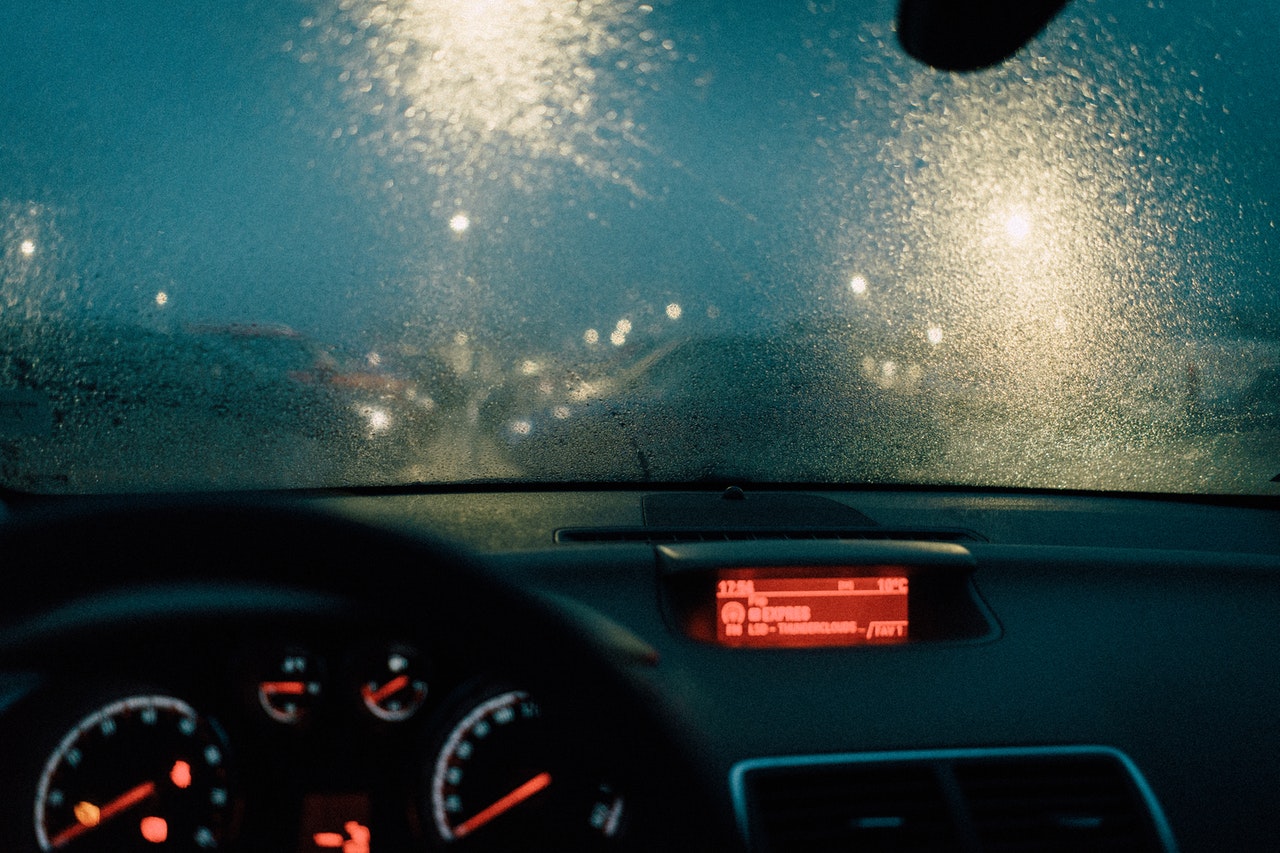How To Stay Safe While Driving At Night

How To Stay Safe While Driving At Night
Do you try and avoid driving at night? Maybe you outright refuse to. Well, you’re not the only one. It’s thought that one in three motorists refuse to drive at night altogether, while more than half of Britain’s motorists admit to facing difficulties while driving or actively try and avoid driving after dark.
So what issues do drivers face that make them have this fear?
More Accidents Happen at Night
When you factor in tiredness, hazards are more difficult to see and more overall risk factors to have to worry about, it’s little wonder that more road accidents occur at night than during the day. The adjustment needed to cater for these increased risk factors seems to cause problems for drivers.
A separate three year study conducted by Zurich found that accidents increased by 11 per cent in the two weeks directly after the clocks go back compared to the two weeks beforehand.
Dazzling Of Headlights or Street Lights
Drivers have a legal responsibility to ensure that their sight is at a level high enough to be safe behind the wheel. Despite this, a quarter of motorists admitted they had trouble focusing or have encountered sight issues whilst driving.
43 per cent said that they have encountered issues with things looking blurred when driving after dark and almost three-quarters of drivers said that dazzling glare from oncoming headlights caused them visual discomfort.
The Halo Effect
Have you ever experienced a ring in your eyesight when looking at a light? This is called the halo effect. Halos and reflections around lights and headlamps can make your eyes feel uncomfortable and often cause visual discomfort. The most common cause of this is a dirty windscreen (often both on the inside as well as the outside) or wiper blades that need replacing, although scratched or dirty spectacles can be just as bad if you drive wearing glasses. If you have constant issues with your windscreen visibility or your car features letting you down, it may be time for a new car altogether. Have a look at our no deposit car finance options.
Low light levels at night cause the pupil of the eye to become larger in order to accommodate focusing in the dark and this can be in a direct battle with any focusing errors that your eyes can’t deal with – causing blur. At night, therefore, it’s incredibly important than ever to wear a pair of glasses or contact lenses with an up recently checked and signed-off prescription.
More than a whopping 90 per cent of sensory information a driver uses is visual, so ensuring your eyesight is up to scratch is vital to being safe on the road, and not only at night.
Here are some of our simple, helpful tips for keeping safe whilst driving at night:
- Make sure you have regular eye examinations at least once a year to stay on top of any eye issues that may occur
- Check your car’s lights are working to an MOT standard. Have them checked and tested by a professional.
- Always wear a pair of glasses or contact lenses with your up to date prescription to avoid any blur or focus issues
- Keep a spare pair of glasses in the car if possible
- Keep your windscreen clean inside and out and check your wiper blades are at MOT standard or working consistently